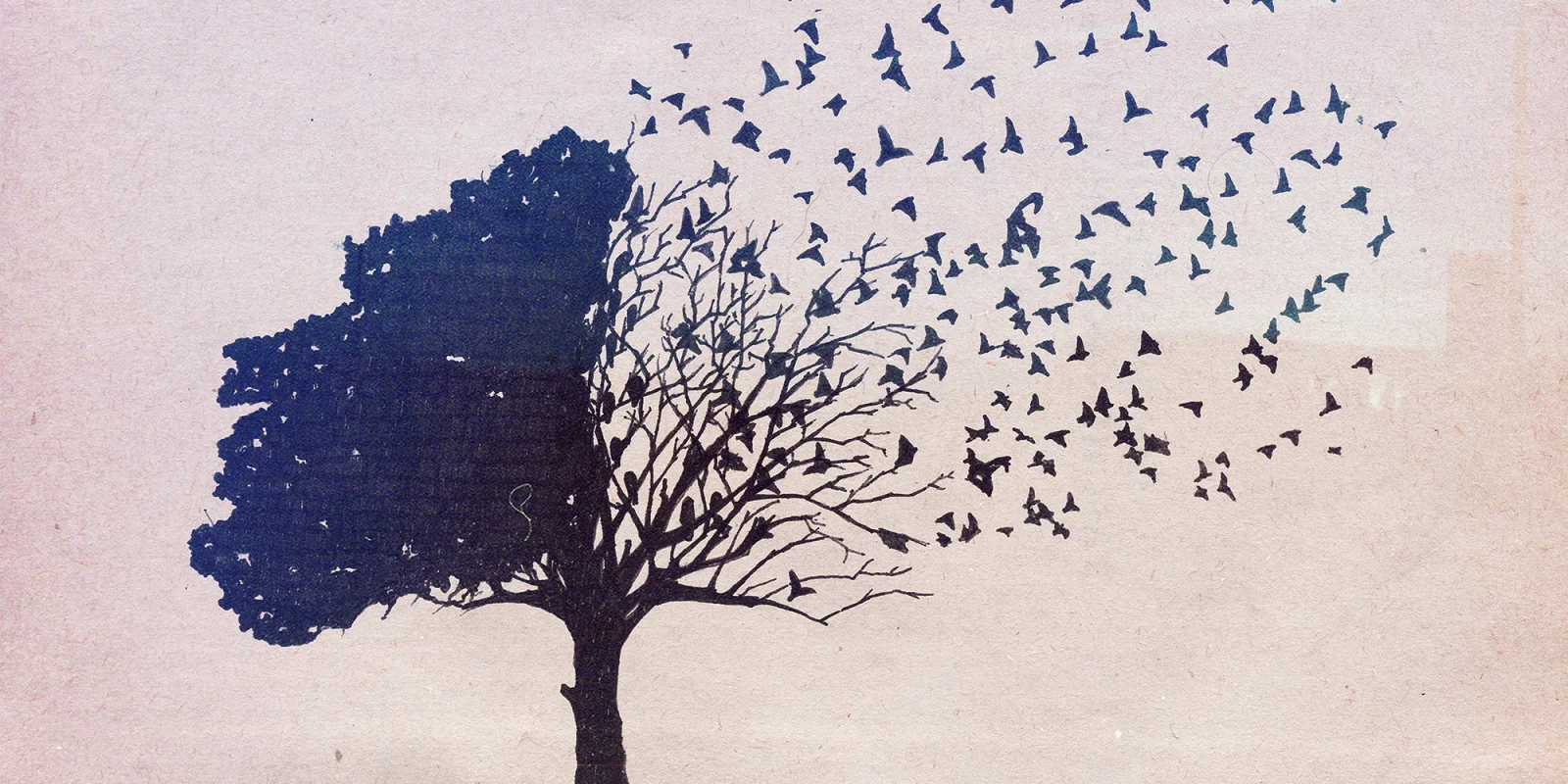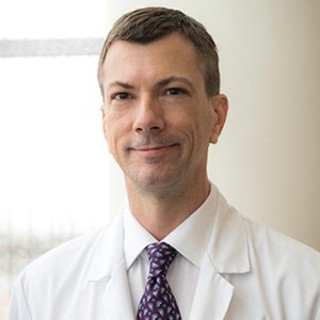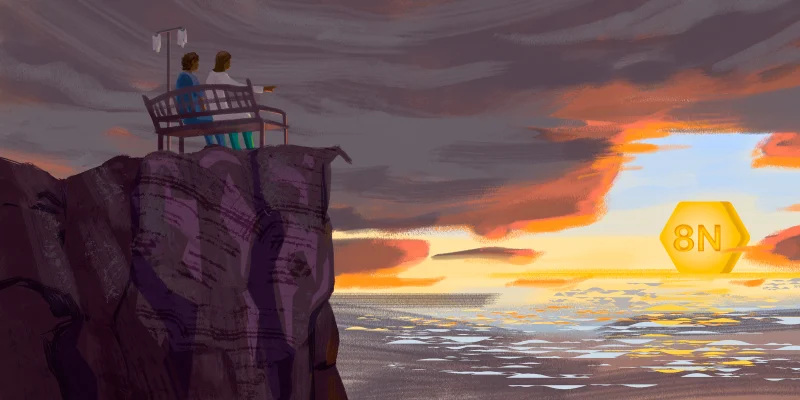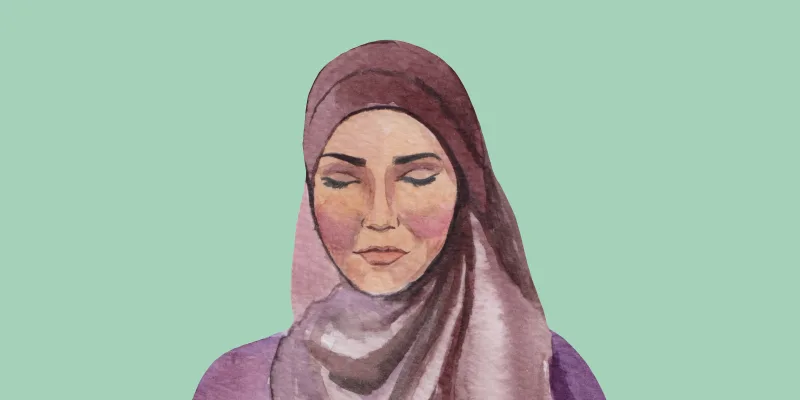
The Hero (2017) Sam Elliot, Laura Prepon. An ailing movie star comes to terms with his past and mortality.
-IMDb
I met The Hero at the end of last year. He is almost my age of 50. He was quiet and thoughtful with kind of a rugged cowboy vibe. And not the cluelessly independent, full-speed-ahead-at what-I-want type of cowboy. We were full, so I talked to him about what was going on in the lobby as we cleared a bed for him in the Evaluation and Treatment Center (ETC) at my job at the City of Hope National Cancer Center (COH). He had brought some kind of spy novel to read during the wait time.
As I reviewed The Hero’s chart, I saw that he had been told we had no likely cure for him. The best we could offer would be palliative chemotherapy. His doctor wrote a note in his chart that he had steadfastly refused all chemotherapy. He had already had some kind of chemotherapy pump implanted in his belly by a surgeon at an outside facility early in the course of his treatment before he came to us.
He had had a fever off and on for a month. Given that it was slowly progressing with no other symptoms, it was likely that the hardware in his belly was infected and would need to be removed to really stop the fevers. Not a big deal as it was no longer being used. Or maybe it was just a fever because of his cancer. Regardless, not something we could tell in the ETC, especially at night. The best we could do was basic lab tests and an X-Ray and give him some antibiotics to cover the presumed source.
As he still had some time to wait and was just a cool stand-up kind of guy with a great attitude, I asked him if he had seen the movie The Hero. In the movie, Sam Elliot plays a minor character cowboy whose already not-very-special life is thrown for a loop when he is told he has incurable pancreatic cancer and the best he can hope for is some additional time if he gets surgery. Then he meets the much younger and hotter Laura Prepon who falls for him and gives him a reason to live and get the surgery. I knew he could relate and he appreciated the tip.
We talked a lot about his life since the diagnosis and prognosis. He has a projected exit date of about April. Since his wife has a good job, he had the luxury to quit his own. He had used that time to get serious about motorcycle racing. To the point that he had become number one in the country in his division/event. And had a COH sticker on his bike. He even talked about not blowing off possible cancer and getting screening early when he was on the road and in the spotlight for his wins.
He also told me about his surgeon and how the guy told him what his options were and then said: ‘Do what you want. I don’t have any personal stake in doing any particular surgery. It’s up to you.’ This was the first time he had heard anything like this from a doctor. He had immense respect for the guy. Most of them were telling him more along the lines of: ‘You have to do this. We’re gonna do this. We will fight this to the bitter end.’ He didn’t want a bitter end. He knew he had an end but that the bitter was only an option.
He asked me why so many doctors are afraid to talk about death, futility and decisions like he had made. I told him so many doctors are pushed to do nothing but study their whole lives and that they don’t necessarily have much life experience or ability to think outside the box. And of course, oncologists dedicate themselves to fighting cancer. And if you spend half your life in a lab trying to cure cancer, you are the right guy for that job, but an extended conversation with something besides a test tube, not necessarily so much. And of course many people in our culture as a whole are afraid to talk about death and dying.
I fully supported him in this mature and evolved outlook and decision. I told him about the Russian novelist, Aleksandr Solzhenitsyn. Solzhenitsyn was sent to Siberia after WW2. His most famous book is One Day in the Life of Ivan Denisovich. It describes a winter day in a work camp in Siberia. The last few lines are some of the most crushingly sad but simultaneously most inspiring I have ever read: “It was a good day. He got some sausage from a friend’s care package. He got enough tobacco to make a cigarette. He built a wall. He didn’t get beaten or otherwise punished by guards.” The Hero liked his story and it resonated very closely with where he was at and the decisions he had made. We talked about how you can have a good day even in a Siberian work camp. It is up to you.
I also told him about the first two rules of the Buddha. Number one: All life involves suffering. True. And number two: All suffering is caused by an unhealthy attachment to having things go your way. Little harder to carry that one out, but the effort to let go is worthy in and of itself. Not everyone can be a Buddha. But my buddy The Hero is. As he told me about how he was going to a meditation teacher to become a better person, I printed him out a few stories I had written about Buddhism and meditation among other things.
His tests came back without any obvious badness, so he got some antibiotics and headed home with a little validation and food for thought. When I went up to the nurses’ station to tell his nurse the plan, she told me how he really liked me and was impressed because most doctors don’t spend time really talking to their patients. I told her about how he had an exit date in April and wanted to go out with the most quality of life, rather than do futile chemotherapy for a few miserable extra months. She whimpered and almost cried. A more seasoned COH nurse told her, it’s OK, you’re new here…
Jeffrey Wade, MD has practiced Emergency Medicine for over 20 years. He has now transitioned to working as a hospitalist at the City of Hope Cancer Center. He also writes medical memoirs and leads medical missions abroad.







